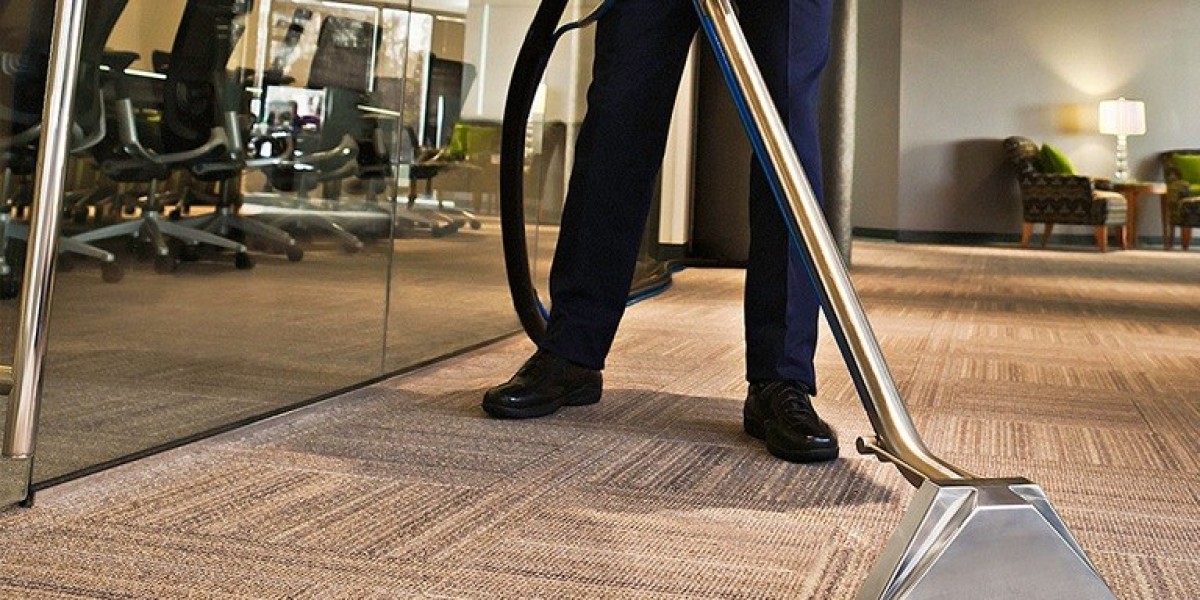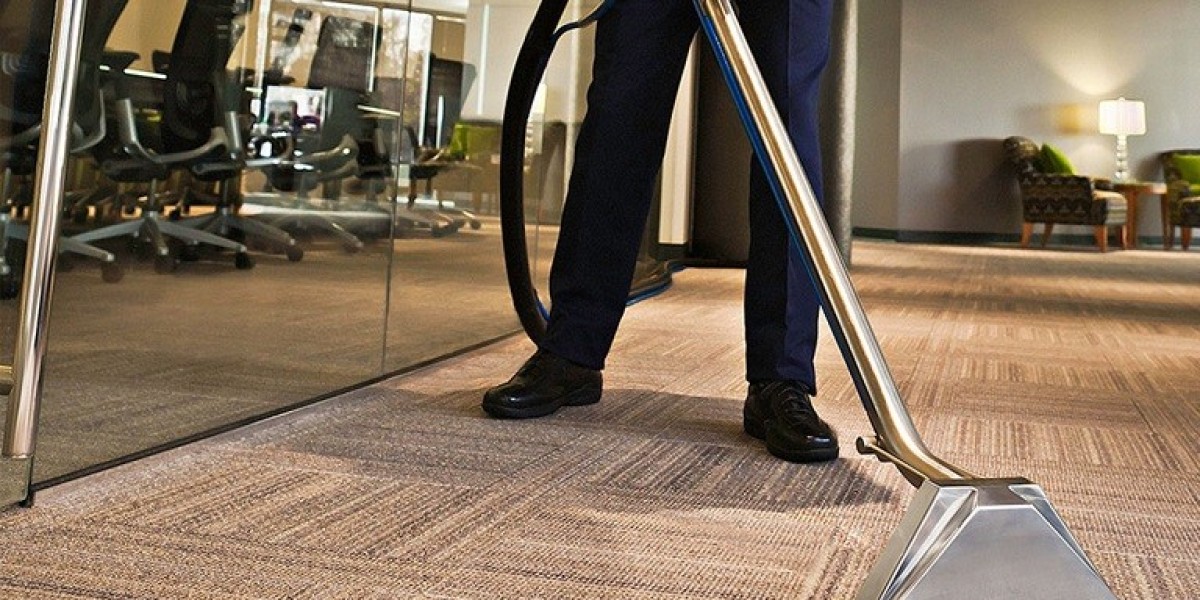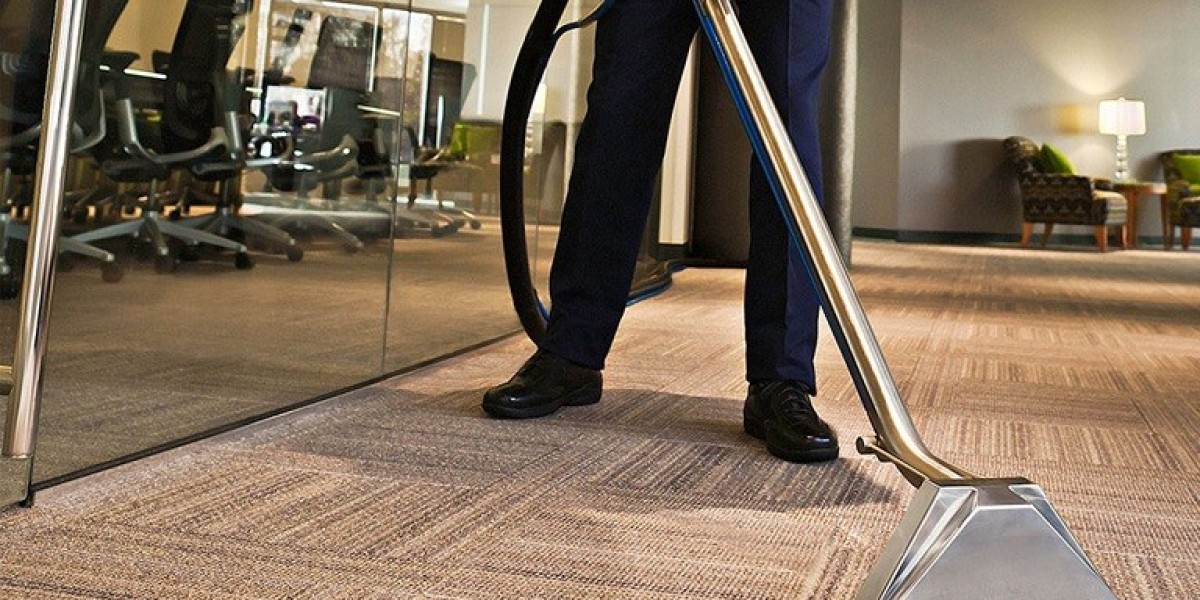Oral‑care fads wax and wane, and one of the most eye‑catching lately is charcoal toothpaste, touted as a natural detox that brilliantly whitens teeth. With its deep black hue and bold packaging, charcoal toothpaste has grabbed attention on supermarket shelves and across social media feeds.
But beyond the hype, does it really work? Can a natural, abrasive substance offer the same results as more established whitening treatments? And perhaps more importantly, is it safe? This blog explores the facts behind the charcoal craze and whether it truly deserves a place in your dental care routine.
What Is Charcoal Toothpaste?
Charcoal toothpaste is formulated using activated charcoal, a type of carbon that has been processed to develop a porous structure with strong adsorptive properties. This allows it to bind to impurities, which is why it's used in water filters and some medical treatments. When included in toothpaste, charcoal is intended to pull stains and toxins from the surface of the teeth.
Products vary by brand, but many charcoal toothpastes contain:
- Activated charcoal (usually from coconut shells or bamboo)
- Baking soda or silica for mild abrasion
- Essential oils for flavour
- Some may include or exclude fluoride
Charcoal has roots in traditional medicine, but its popularity in dental products is a relatively recent phenomenon. Its appeal largely lies in its “natural” credentials, often used to market an alternative to chemical-laden products.
Why Do People Use It for Whitening?
The main appeal of charcoal toothpaste lies in its promise to naturally whiten teeth. The logic is simple: if charcoal can remove toxins and stains, surely it can brighten your smile.
Other motivating factors include:
- Belief in natural or chemical-free solutions
- Dislike of peroxide-based whitening systems
- Influencer marketing and visually dramatic “before-and-after” content
- Convenience, easy to add to a daily brushing routine
However, not all teeth stains are created equal. Many users seeking teeth whitening in Leeds assume that surface stain removal will yield dramatic whitening, but that’s often not the case.
Scientific Evidence: Whitening or Just Abrasive?
Charcoal toothpaste may help remove surface stains, but studies show it doesn’t whiten deeper enamel layers. Most discolouration stems from ageing, genetics, or habits like smoking. Dentists caution that its abrasive nature may wear down enamel, exposing the yellow dentin underneath. Ironically, frequent use could darken teeth over time rather than brighten them, making it a questionable whitening choice.
Some key concerns include:
- Charcoal particles can be too harsh for daily use
- Abrasive ingredients can potentially irritate the gums or cause tiny damage to the enamel.
If you’re dealing with unexpected sensitivity or discomfort after using charcoal toothpaste, consulting an emergency dentist in Leeds is advisable.
Safety Concerns and Dental Health Risks
Although many charcoal toothpaste brands claim to be safe, they are often not approved by major dental associations due to insufficient clinical backing. For example, the British Dental Association (BDA) has raised concerns regarding the abrasive nature of charcoal toothpaste and the absence of scientifically proven benefits.
Main safety concerns include:
- Loss of enamel due to gritty texture
- Gum irritation from repeated use
- Staining between teeth or around dental work like crowns or fillings
- Increased risk of cavities if fluoride is absent
It’s especially risky for individuals with existing dental issues or thin enamel. If any discomfort arises during or after use, a visit to an emergency dentist in Leeds can help prevent long-term damage.
How It Compares to Other Whitening Methods
Charcoal toothpaste is one of several options available for individuals looking to brighten their smile. However, how does it really compare?
Method | Whitening Level | Safety | Professional Approval |
Charcoal Toothpaste | Surface stains only | Can be abrasive | Rarely approved |
Whitening Strips | Mild to moderate | Generally safe | Often approved |
Professional Whitening | Deep stain removal | Dentist-controlled | Highly recommended |
Whitening Toothpaste | Light brightening | Safe for daily use | Widely accepted |
While charcoal may help with minor stain removal, it falls short of professional options that deliver longer-lasting, safe, and visible results. Clinics offering teeth whitening in Leeds typically assess the enamel and recommend treatments suitable for your needs, often avoiding charcoal-based solutions altogether.
Who Might Benefit (or Not) from Charcoal Toothpaste
Charcoal toothpaste may offer short-term results for individuals with light, surface-level staining from tea, wine, or coffee. However, it is not suitable for everyone.
May benefit:
- People with no sensitivity or enamel concerns
- Those seeking minimal cosmetic improvement
- Occasional users, not daily
Not recommended for:
- Individuals with sensitive teeth or gum issues
- Children or teens (due to developing enamel)
- Those needing cavity protection or fluoride
- Anyone undergoing professional whitening or Invisalign treatment
What to Look for If You Decide to Use It
If you’re still considering using charcoal toothpaste, choose wisely. Not all products are the same, some are excessively abrasive and unsuitable for safe use.
Tips for safer use:
- Check the RDA (Relative Dentin Abrasivity) score, lower is better
- Choose brands with fluoride to protect against cavities
- Consult your dentist before making it a regular part of your routine
Avoid brushing vigorously with charcoal, as aggressive brushing only increases the chance of enamel wear.
Best Practices for Lasting Whitening Results
If you’re dedicated to keeping your smile bright while protecting your oral health, try adopting these safer and more reliable practices:
Do’s:
- Brush with fluoride toothpaste twice daily
- Floss and use mouthwash regularly
- Get professional cleanings every 6 months
- Visit a qualified provider for teeth whitening Leeds
Don’ts:
- Rely solely on over-the-counter fads
- Use abrasive toothpaste daily
- Skip dentist visits or self-diagnose dental issues
- Ignore signs of enamel erosion or tooth pain
These small habits ensure better, safer whitening over time.
Conclusion
While charcoal toothpaste may offer temporary brightening by removing surface stains, it is not a reliable or scientifically backed method for true tooth whitening. With concerns over enamel erosion, lack of fluoride, and long-term safety, it’s important to approach such trends with caution. For those truly seeking whiter teeth and healthier smiles, it’s best to consult a dental professional for trusted solutions.
At Leeds, our dental team prioritises your oral health and appearance with evidence-based treatments tailored to your needs. Whether you’re interested in professional whitening or experiencing discomfort from whitening attempts, booking a consultation or visiting an emergency dentist in Leeds ensures your journey to a brighter smile is both safe and effective.








